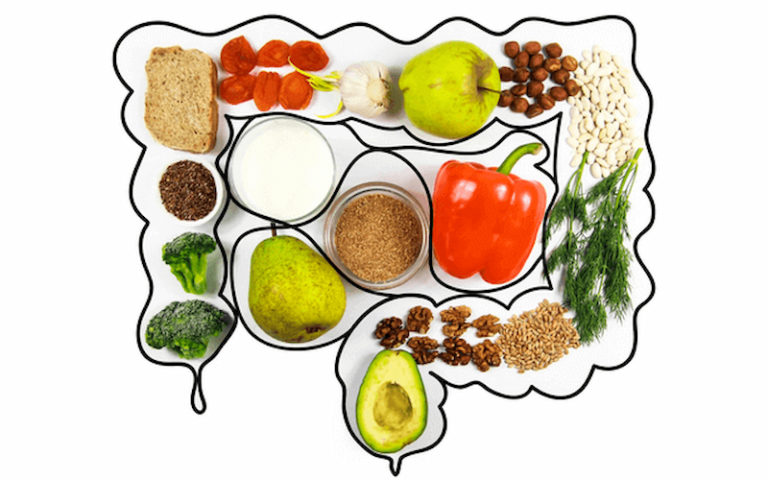The unpleasant burden of stress is frequently transported by the frenetic pace of modern life. We’ve all experienced it as adults: the racing heart, the restless nights, and the persistent anxiety. However, underneath these well-known feelings is a more intricate connection between stress and health, particularly its part in autoimmune diseases.
The Body’s Guardians Gone Awry
It’s critical to comprehend the nature of autoimmune illness before delving further into the connections between stress and the condition. When the immune system of the body, which is often the protector against external threats, incorrectly perceives its own cells as alien invaders, autoimmune illnesses result. The immune system accidentally attacks the body it is supposed to defend in an effort to combat these imagined dangers. The outcome? diseases such as lupus, multiple sclerosis, and rheumatoid arthritis, to mention a few.
Can Stress Cause Autoimmune Disease? Here’s What Science Has To Say
Now for the big one: can stress lead to autoimmune disease? Studies have revealed that while stress may not be the only cause of these illnesses, it does play a substantial role in their onset and aggravation. The key is that stress causes the body to generate particular hormones that might stoke an immune system that is already under attack. While our ancestors’ “fight or flight” instincts are a good example of this response when faced with immediate danger, chronic stress results in prolonged exposure to these chemicals. This can eventually result in an overactive immune system, which can pave the way for autoimmune reactions. But it’s not just about the biological mechanics. Think about the broader picture. When we’re stressed, we might skip meals, indulge in junk food, sleep poorly, or forgo exercise—all lifestyle factors that, collectively, can weaken our body’s defenses and make us more susceptible to autoimmune flare-ups.
Stress Management: A Vital Tool in the Autoimmune Arsenal
Considering how closely autoimmune illness and stress are related, controlling our stress levels is essential for both avoiding and treating the symptoms of these diseases. Combating stress can undoubtedly assist lessen the impact of autoimmune illness if it can trigger it or intensify its symptoms.
-
Mindfulness and Meditation
Engaging in practices like mindfulness meditation can help center our minds, training us to respond rather than react to stressors.
-
Regular Exercise
Physical activity releases endorphins, our body’s natural mood boosters. Whether it’s a brisk walk or a high-intensity workout, movement can act as a stress antidote.
-
Healthy Sleep Patterns
Prioritizing 7-9 hours of sleep can rejuvenate the body and mind, bolstering our resilience against stress.
-
Nutrition
A balanced diet with ample fruits, vegetables, and lean proteins can provide the body with the necessary fuel to combat stress and maintain a robust immune system.
-
Connect with Others
During stressful times, social connections—whether they be with family, friends, or support groups—can provide emotional sustenance. Stress can be greatly reduced by laughing, talking about our troubles, or just being around loved ones.
In Conclusion: Knowledge is Power
It is powerful to comprehend how stress and autoimmune disease work together. Even though not all environmental stressors are under our control, by understanding the connection, we are better able to take precautions to protect our wellbeing. It serves as a subtle reminder that our mental health is just as important as our physical health in the complex dance of life and wellness. In addition to improving the present, reducing stress enables us to be proactive in the face of autoimmune difficulties. We owe it to ourselves as adults to be informed, make deliberate decisions, and give our mental and physical health top priority. Knowledge is the true beacon that can point us in the direction of brighter days in the intertwined story of stress and autoimmune disease.






